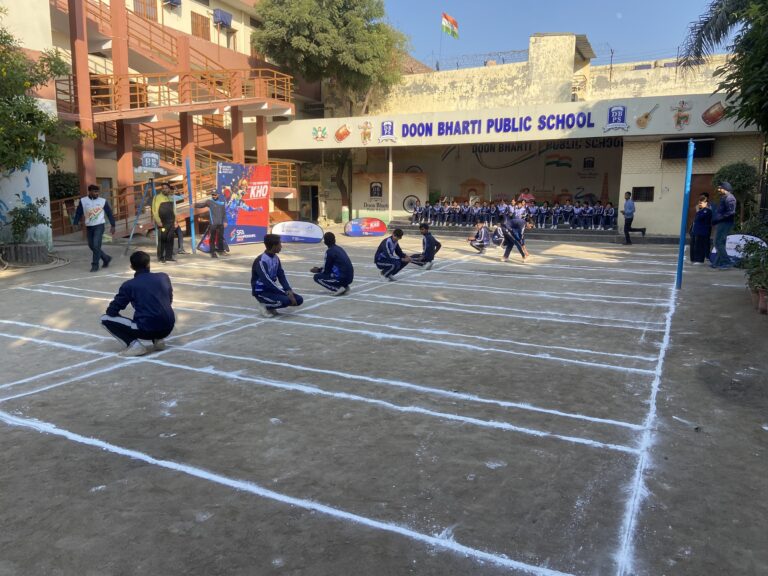The Supreme Court of India said that no motor vehicle could be altered to change the original specification made by the manufacturer .

The apex court referred to an amended provision of the Motor Vehicles Act and observed that its “clear intent” was that a vehicle cannot be so altered that particulars contained in the certificate of registration are at variance with those ‘originally specified by the manufacturer’.
“No vehicle can be altered so as to change original specification made by the manufacturer. Such particulars cannot be altered which have been specified by the manufacturer for the purpose of entry in the certificate of registration,” a bench of Justices Arun Mishra and Vineet Saran said in its verdict.
According to the provision of the Act, ‘alteration’ means a change in the structure of a vehicle which results in a change in its basic feature. The top court set aside the judgement of a division bench of the Kerala High Court which had said that structural alteration was permissible as per the provisions of the Kerala Motor Vehicle Rules, 1989.

Hence, popular modifications such as ‘RTO-approved paint changes’, wraps, body graphics, subtle cosmetic kits and small-scale performance enhancements are still possible. But, putting excessively-large wheels or lowering the car to absurdity could be questioned.
As far the verdict states, only ‘structural changes’ are illegal, and that too, if it diminishes the basic purpose of a vehicle. Converting hatchbacks to pickup trucks (yes, people actually do that!), sedans/SUVs to limousines, two-wheelers to three-wheelers, mini-trucks to tippers, etc.; are now illegal.


















